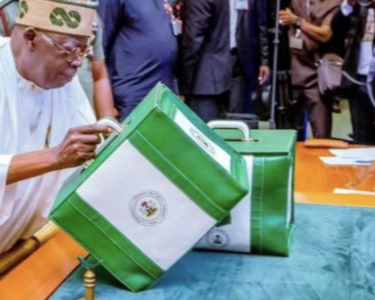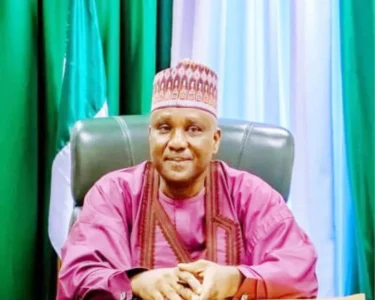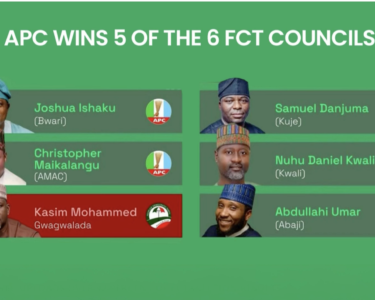Leaders from Nigeria’s energy sector gathered in Lagos to call for urgent action on policy stability, local manufacturing, inclusive innovation, and long-term financing to drive the country’s clean energy goals. The event, hosted by the Consumer Advocacy and Empowerment Foundation (CADEF), focused on tackling barriers slowing Nigeria’s shift to renewable energy.
Themed “Overcoming Barriers to a Sustainable Energy Transition,” the high-level meeting brought together government officials, finance experts, academics, and clean energy specialists. At the heart of the discussion was CADEF’s Distributed Energy Resources (DER) platform—an initiative aimed at helping Nigerians adopt decentralised, affordable, and sustainable energy solutions. “Distributed energy resources—solar panels, battery systems, inverters—are lifelines. But affordability remains a major barrier. We’re building more than a platform; we’re building a movement toward equity in clean energy access,” said Professor Chiso Ndukwe-Okafor, CADEF’s executive director.
She added, “This transition isn’t just technical—it’s social. It’s about power, in every sense of the word. And everyone deserves a share.” Financial expert Adetola Adegbayi emphasized the importance of using structured, community-based investment models to attract funding from pension and insurance sectors. “Formalised, community-driven investment models have worked globally. Nigeria must adopt them to unlock capital and scale,” she stated.
Lagos State is pushing ahead with its own reforms. Engr. Kamaldeen Abiodun Temitayo Balogun, CEO of the Lagos State Electricity Agency (LSEA), outlined the Lagos State Electricity Law, which aims to decentralize generation, build a competitive market, and push generation to 3,000 megawatts. He said a smart grid and centralized payment system will help stop revenue losses of up to ₦5 billion monthly. Power distributors who underperform may lose their licenses.
As Lagos works toward full metering and community electrification, a panel raised concerns over education strategy. Stakeholders warned against building new universities for renewable energy and AI, calling instead for investments to upgrade existing institutions. “Don’t build more schools—modernize what we have. Embed innovation into current systems,” one panelist said.
A key message from the forum was the danger of policy inconsistency. Stakeholders urged Nigeria to adopt long-term development plans that survive beyond election cycles. “In China, five-year plans transcend political cycles. Nigeria must adopt a similar long-term approach,” they said. Participants also stressed the importance of shared data, commending CADEF for platforms that break silos and encourage collaboration. With a goal of 30 gigawatts by 2030—30% from renewables—stakeholders agreed: Nigeria’s energy future hinges on grassroots empowerment, financial strategy, and steady policy.




